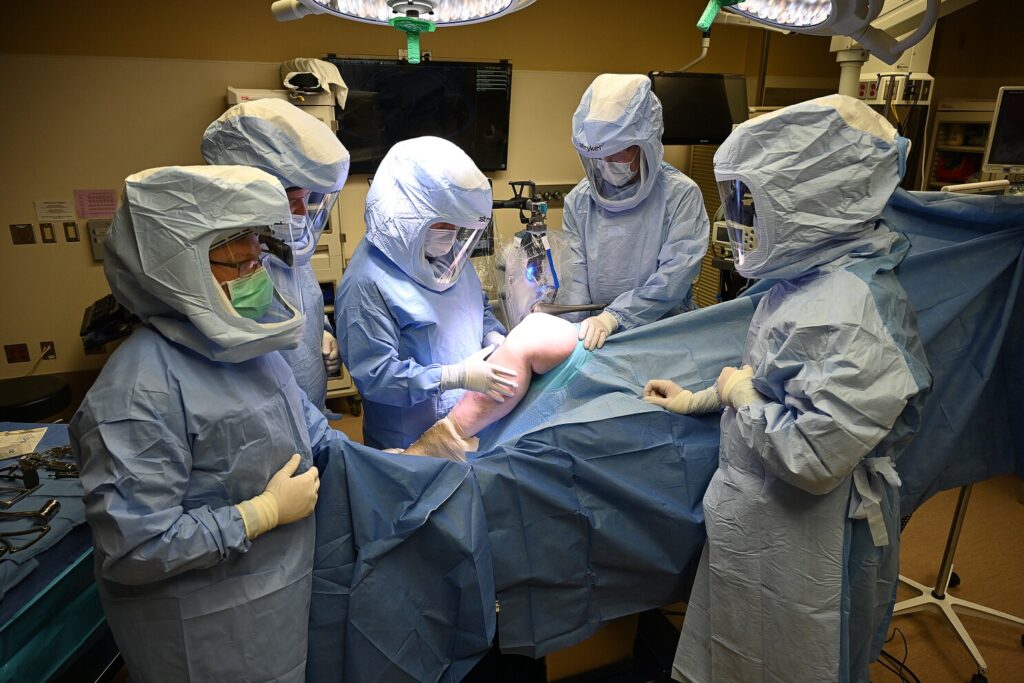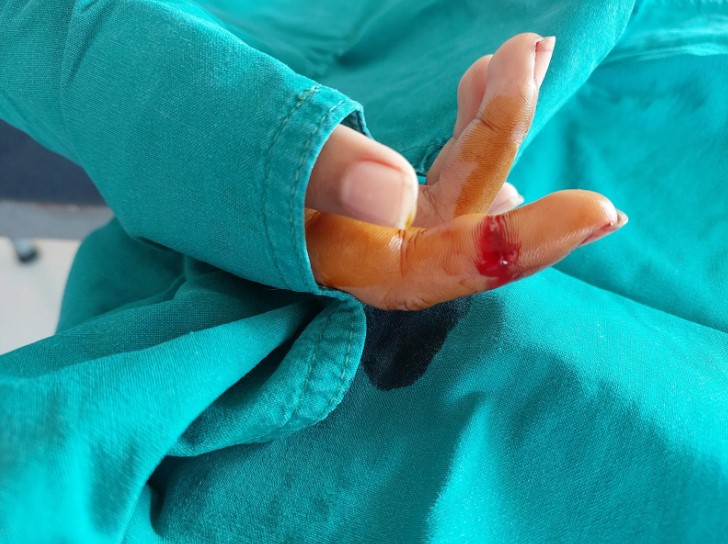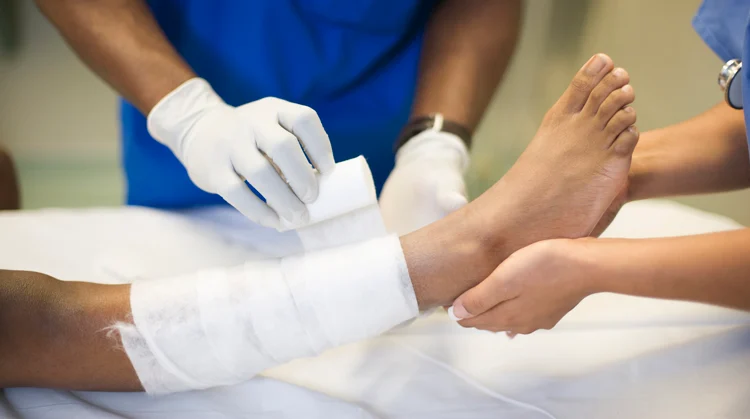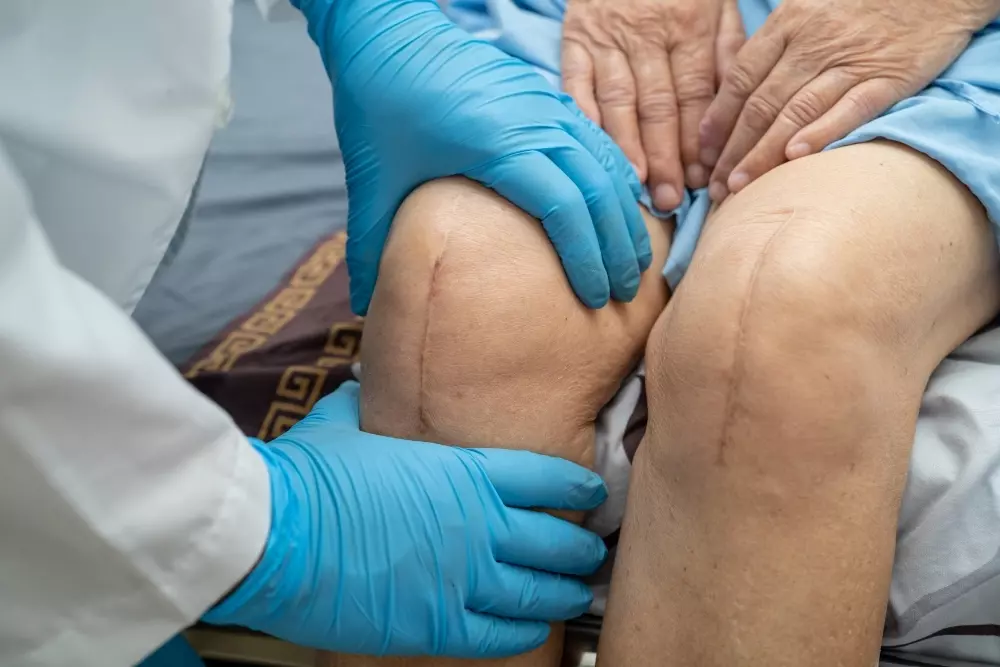TMJ disorders, or temporomandibular joint disorders, affect millions of individuals worldwide, causing pain and discomfort in the jaw joint and surrounding muscles. While various treatment options exist, physiotherapy has emerged as an effective non-invasive approach to managing TMJ disorders. In Singapore, renowned physiotherapy specialists offer tailored treatments to alleviate TMJ symptoms and improve patients’ quality of life.
Understanding TMJ Disorders
TMJ disorders encompass a range of conditions affecting the temporomandibular joint, which connects the jawbone to the skull. Common symptoms include jaw pain, difficulty chewing, clicking or popping sounds in the jaw, and restricted jaw movement. Contributing factors may include stress, teeth grinding (bruxism), jaw misalignment, and arthritis.
Importance of Physiotherapy in TMJ Treatment
Physiotherapy plays a crucial role in addressing TMJ disorders by targeting the underlying causes and promoting jaw muscle relaxation, mobility, and strength. Unlike invasive treatments, such as surgery, physiotherapy offers non-surgical interventions that are safe, effective, and personalized to each patient’s needs. Techniques such as manual therapy, exercises, and education empower patients to manage their TMJ symptoms and prevent recurrence.
Physiotherapy Treatments for TMJ in Singapore
In Singapore, specialized physiotherapy clinics offer comprehensive treatments for TMJ disorders. These treatments may include:
- Manual therapy: Hands-on techniques to manipulate the jaw joint and surrounding muscles, relieving tension and improving mobility.
- Therapeutic exercises: Customized exercises to strengthen jaw muscles, improve range of motion, and promote relaxation.
- Jaw mobilization techniques: Gentle movements to alleviate joint stiffness and enhance jaw function.
- Postural correction: Addressing poor posture habits that contribute to TMJ symptoms.
- Education and self-management strategies: Empowering patients with knowledge and skills to manage their TMJ symptoms independently.
Testimonials from patients who have undergone physiotherapy for TMJ in Singapore highlight the effectiveness of these treatments in reducing pain and restoring jaw function.
Expert Insights from Singaporean Physiotherapists
Leading physiotherapists in Singapore specializing in TMJ treatments emphasize the importance of early intervention and a holistic approach to TMJ management. They underscore the significance of patient education, self-care practices, and ongoing support to achieve long-term relief from TMJ symptoms. With their expertise and personalized care, Singaporean physiotherapists empower patients to regain control over their jaw health and overall well-being.
Tips for Managing TMJ Symptoms at Home
In addition to professional physiotherapy treatments, individuals can adopt lifestyle modifications and self-care techniques to manage TMJ symptoms at home. These may include:
- Practicing stress management techniques, such as meditation and deep breathing exercises, to reduce jaw tension.
- Applying heat or cold packs to the jaw area to alleviate pain and inflammation.
- Avoiding hard or chewy foods that strain the jaw muscles.
- Performing gentle jaw exercises and stretches recommended by a physiotherapist.
- Maintaining good posture and ergonomic habits to minimize strain on the jaw joint.
Takeaway
Physiotherapy emerges as a promising approach to treating TMJ disorders in Singapore, offering safe, effective, and personalized interventions tailored to each patient’s needs. By addressing the underlying causes of TMJ symptoms and promoting jaw health, physiotherapy empowers individuals to reclaim their quality of life and enjoy lasting relief from TMJ discomfort.
Invest in your future health. Contact a Physiotherapy Singapore clinic today to experience the difference.











